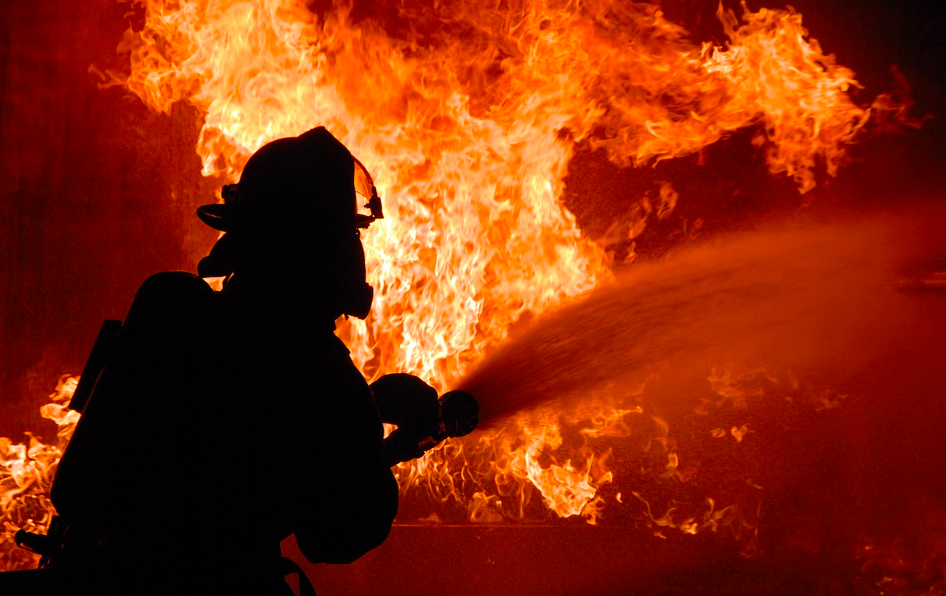
Ontario Court Ruling: Firefighters Must Not Be Indiscriminately Tested for Cannabis – Cannabis | weed | marijuana
A recent Ontario court ruling has sided with firefighters over random drug testing for cannabis.
In December 2018, the Ottawa Macdonald-Cartier International Airport Authority updated its policy to require random drug testing.
They feared that Canada’s legalization of cannabis (which had just happened) would make it more likely that firefighters would show up to work high.
The Ontario Divisional Court dismissed that action.
Are firefighters more likely to smoke cannabis?
Ottawa Airport wanted to conduct unannounced random drug tests on firefighters. However, the Division Court cited a lack of evidence that firefighters have a cannabis abuse problem that would justify such a “highly intrusive” invasion of their privacy.
The Ottawa Airport Authority initially had the Firefighters Union on its side as regulations required drug testing for employees suspected of being impaired or following an accident that may or may not have been caused by drug impairment.
But firefighters opposed the decision to require unannounced urine tests. Requiring drug screening for all firefighters for no apparent reason was a step too far.
The policy also applied to other airport workers being considered for security-sensitive jobs.
What happened?
The airport attempted to conduct its first random drug test on firefighters for cannabis. But the person in question and their union filed complaints.
A referee upheld the airport’s policy of random drug testing. They cited a 2017 decision involving Toronto Transit Commission (TTC) officials.
But a panel of three Ontario judges overturned that ruling. The judges said the judge ignored Canadian case law restricting random drug testing of employees.
The Ontario Supreme Court denied an injunction against the TTC’s random drug testing policy. But they did so because of overwhelming evidence of TTC workers’ chronic drug and alcohol problems.
The Divisional Court in that case said the Ottawa Airport arbiter wrongly applied the TTC ruling to the firefighters. First of all, the Ontario Superior Court judge ruled on an application for an injunction, not the policy itself.
The Ontario Divisional Court cited the Supreme Court of Canada’s 2013 Irving decision. That decision set a precedent for how employers can justify random, unannounced drug testing.
High standards for prosecuting firefighters for cannabis abuse

In the Irving decision, the Supreme Court called random drug testing “an unjustified assault on the dignity and privacy” of employees.
Random drug testing can only be justified when there is a good reason. A “runaway drug culture,” to quote the Supreme Court justices.
The court also weighed workers’ privacy rights.
Back at the Ottawa airport, the Divisional Court ruled that the arbitrator “did not satisfactorily explain his departure from arbitration as described in Irving.”
Additionally, “He had no evidence of an increased security risk due to a drug use problem by employees at Ottawa Airport, nor was there any real analysis of the significant privacy interests of employees.”
The Ottawa Airport umpire said non-random drug testing by firefighters for cannabis poses a safety risk to the airport and the public.
In response, the Divisional Court ruled, “The reasoning of the arbitrator is not easy to understand. For example, it does not begin with a discussion of the established principles that respect guidelines for random drug and alcohol testing.”
It goes on to say, “There is no systematic discussion of ‘legitimate safety concerns’ related to drug use at the airport, nor is there careful consideration of staff privacy concerns when testing, whether by urinalysis or any other method.”
According to the judges, the request for urine samples was “highly intrusive”.
They ruled: “The arbitrator also assumed that the legalization of marijuana would increase the safety risk of drug use. Again, he had no evidence of this, unlike the court in TTC who had evidence of a problem at the specific workplace.”
Precedent for future cases?
Although the Divisional Court’s ruling favored cannabis in Canada, it was expected.
In the United States, random drug screening in the workplace is common. However, in Canada, the Supreme Court has specifically established the requirements for random drug screening. Namely, what are the barriers to overcome before one can justify unannounced, random urine testing.
The Ottawa Airport Authority failed to meet these requirements. There is no evidence that airport firefighters routinely smoke cannabis and appear intoxicated on the job.

Post a comment: